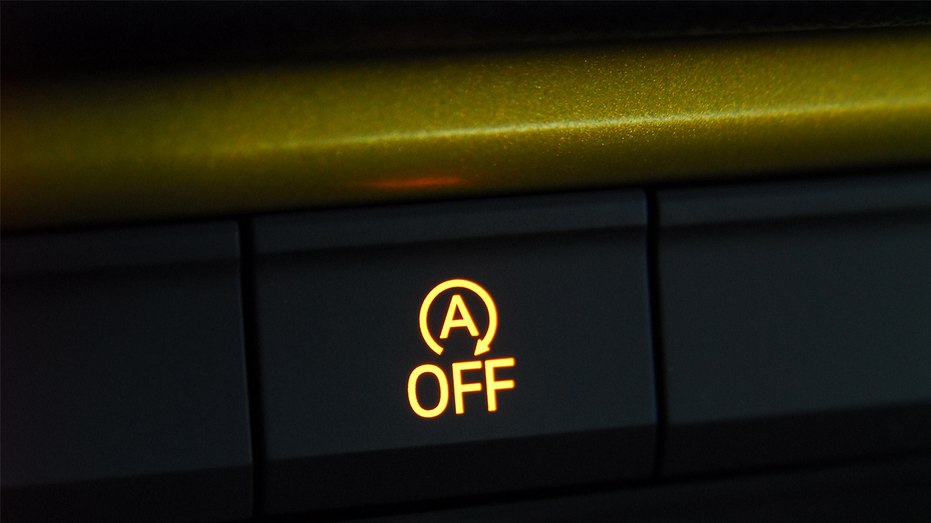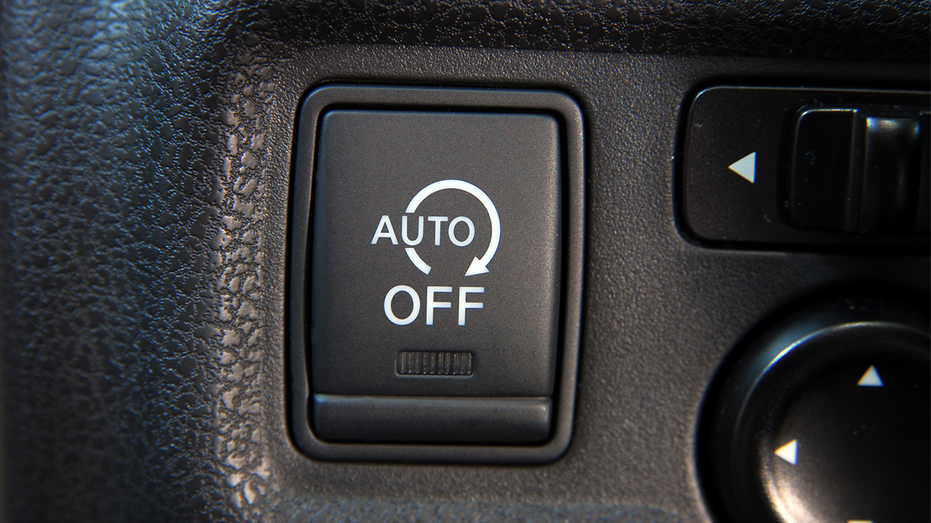

The Environmental Protection Agency is targeting climate technology that automatically turns off a car's engine when it is stopped at red lights to save fuel, a feature agency administrator Lee Zeldin said every driver "hates."
"Start/stop technology: where your car dies at every red light so companies get a climate participation trophy," Zeldin said Monday on X. "EPA approved it, and everyone hates it, so we’re fixing it."
The feature has become common in new vehicles as a way to save money on gas and cut down on emissions.

EPA Administrator Lee Zeldin said every driver "hates" stop-start technology. (Getty Images)
Advocates for the technology support it as a climate-friendly initiative, while critics find it annoying and question whether it can wear down the car’s battery or engine more quickly.
Cars generally have a button allowing drivers to disable the feature.
The EPA does not require stop-start technology, but automakers that adopt it are given extra fuel economy credits.

Cars generally have a button allowing drivers to disable the feature. (Getty Images)
The technology was included in 65% of vehicles in 2023, a jump from 45% in 2021, 9% in 2016 and 1% in 2012, according to the Battery Council International.
The feature can improve fuel economy by between 4% and 5%, previous EPA estimates showed. It also eliminated nearly 10 million tons of greenhouse gas emissions per year as of 2023, the BCI stated.

The EPA does not require stop-start technology, but automakers that adopt it are given extra fuel economy credits. (Getty Images)
An EPA spokesperson told the New York Post that the stop-start systems have not shown clear reductions in emissions tests.
